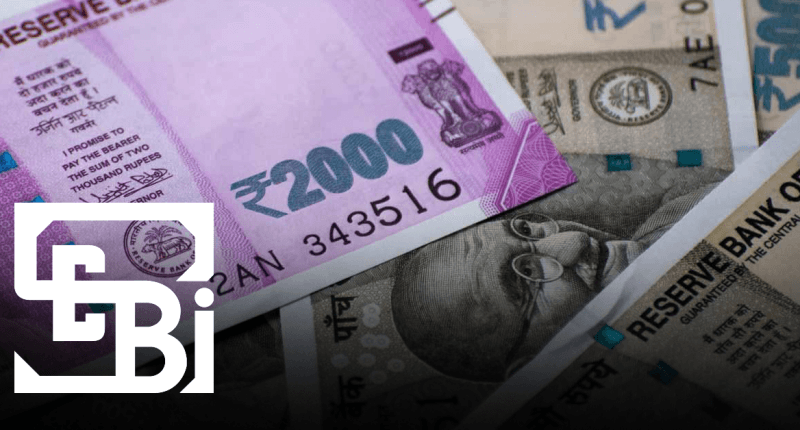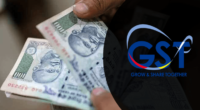The Securities and Exchange Board of India has set up a sub-committee to probe the issue of differential voting right (DVR) and according to its Chairman Ajay Tyagi, is presently reviewing the norms on dual-class shares.
Currently, companies are permitted to issue two classes of shares. These include the ordinary shares with voting rights and shares without the voting rights.
The SEBI has a panel looking into the various models that are prevalent globally with regards to the different classes of shares, including those with the sunset provision, which is a clause available for a period of time or up to a certain event.
Beyond this time frame the DVR, as per the sunset provision, gets converted into shares without the voting rights.
The SEBI Chairman suggests that such rules have fared well on a global scale and would be useful in India, helping companies where valuations are not available but the company is backed by the faith in its promoters. He added such a measure would be particularly relevant to tech companies.
Many markets and industry experts are of the opinion that there is a clear need for the DVR market to evolve. In order to maintain adequate checks and balances, it is suggested that only well-governed companies with founders holding superior voting rights be allowed this provision. This is considered to be a fine way to raise capital for Indian promoters without having to give up control.
This is good news for companies in India where companies are permitted to issue shares with differential rights which though they enjoy a higher dividend compared to ordinary shares, also have inferior voting rights.
The SEBI panel is most likely to submit its report next month.





